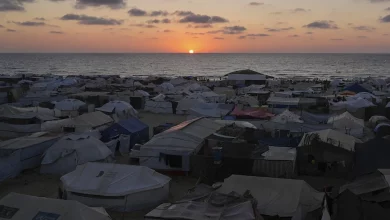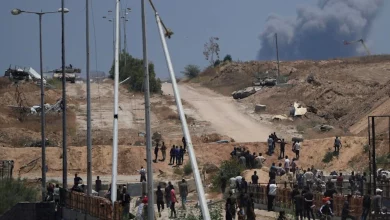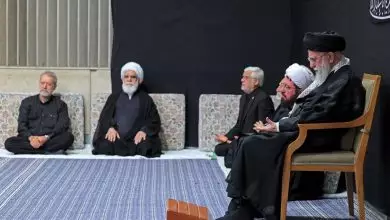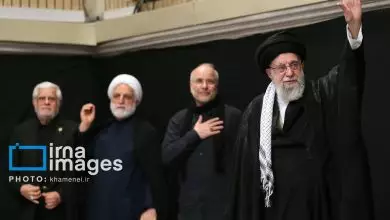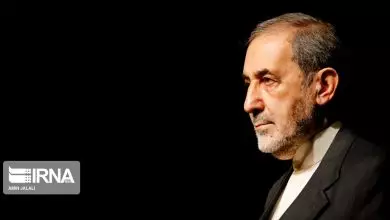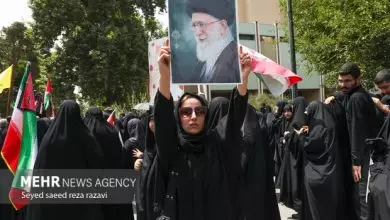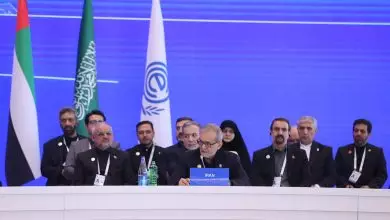‘Israel on losing end in Gaza war’: Former Mossad deputy chief
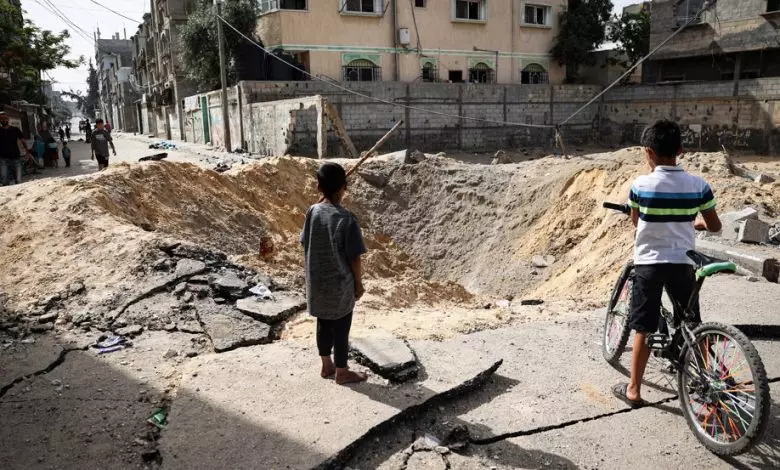
A former member of the Israeli spy agency has described as “futile” the regime’s ongoing war in the besieged Gaza Strip, stressing that Tel Aviv is on the losing end.
Ram Ben-Barak, a member of the Israeli parliament who served as deputy director of the Mossad, made the remarks in an interview with Israeli public radio on Saturday.
“This war lacks a clear objective, and it’s evident that we’re unequivocally losing it,” Ben-Barak said.
“We are forced to engage in fighting in the same areas and end up losing more soldiers. We’re also facing setbacks on the international stage, our relations with the US deteriorating significantly, and the Israeli economy in decline,” he said.
“Show me one thing we have succeeded in,” Ben-Barak added.
His remarks came after al-Qassam Brigades, the military wing of the Palestinian resistance movement Hamas, said they have killed 15 Israeli soldiers east of the Gaza’s southernmost city of Rafah earlier in the day.
According to Qassam Brigades spokesman Abu Obeida, in the past 10 days, Palestinian fighters have targeted 100 Israeli military vehicles, including tanks, armored personnel carriers as well as bulldozers. They have inflicted heavy casualties on Israeli soldiers by blowing up tunnels, launching rockets and mortars, and through sniping and close-quarters combat.

